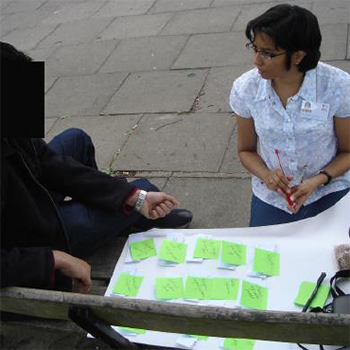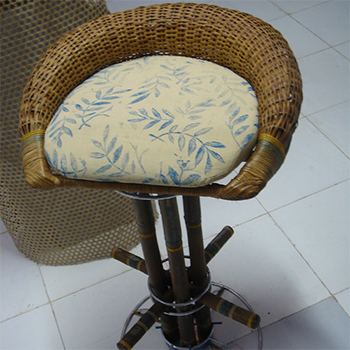This project focuses on designing information systems for people with low literacy and limited information-seeking skills. The study highlights how such users often struggle with complex text, prefer visually distinct cues like sponsored links, and tend to satisfice by accepting minimal information as “good enough.” To address this, the design adopts an inverted pyramid structure, providing answers upfront, and introduces a problem-oriented navigation system that connects related information across silos. The methodology involved understanding information architecture, using card sorting to derive meaningful groupings, and conducting experiments to analyze user behaviour, ultimately aiming to create more accessible and user-friendly digital experiences.





